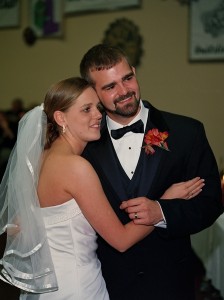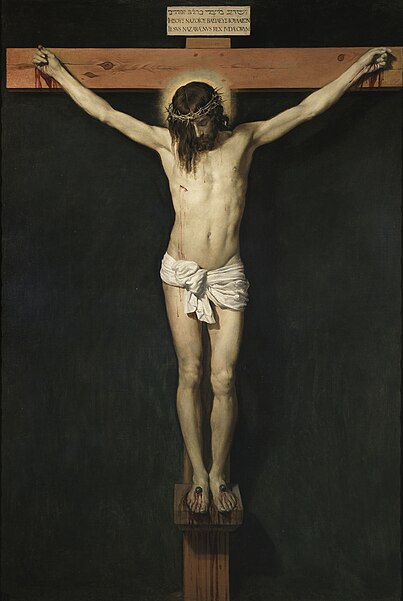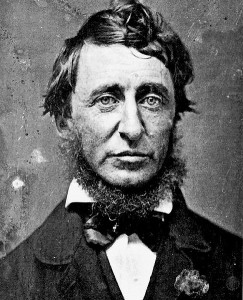What is an evangelist?
Don’t you hate it when a good word gets so loaded with baggage as to render it unhelpful. My friend Terry is like this with the word soviets, which refer to small local governing bodies which care for themselves (like sustainable communities); you can’t really refer to soviets without spending a few minutes explaining the idea first.
I feel the same way with words like evangelical/evangelist/evangelism/etc. These words are based on the greek word euaggelion which literally means “good news.” In the contemporary American context we have narrowly defined this concept so that it describes “sharing your faith” or something similar. An Evangelist is someone who preaches about sin and salvation and evangelism means you invite someone to accept Jesus as their savior.
The problem with these narrow definitions is that they ignore the breadth of what the Good News (of the Kingdom of God) really encompasses. The good news is not just about being forgiven of your sins so that you can go to heaven. Instead, the good news is that complete redemption and restoration that has been initiated and one day will full come. Through Christ:
- Our relationship with creation, humanity, ourselves, and our God will be restored.
- A corrupt earth will be redeemed and set right.
- Pain and sorrow and death will be wiped away.
- The poor will eat, the blind will see, the lame will walk, and the prisoners will be set free.
- Those on the outside will invited in.
And that is just the start of it. The Good News is holistic and encompasses all things being set right. Our sin being forgiven so we can go heaven is just one small part of it. How many tracts have you seen that take all this into consideration?
What bothers me more than the truncation of the concept is the understanding that the Good News is all about a message. Even if you preach a holistic understanding of the gospel (which by the way is how euaggelion is most often translated) but consider it only a message, then you are missing the point entirely.
The Good News is about embodiment. It is about being caught up in the story. It is about being transformed, but also about being an agent of transformation.
Just consider these passages from the ministry of Jesus:
Jesus went throughout Galilee, teaching in their synagogues, preaching the good news of the kingdom, and healing every disease and sickness among the people. News about him spread all over Syria, and people brought to him all who were ill with various diseases, those suffering severe pain, the demon-possessed, those having seizures, and the paralyzed, and he healed them. ~Matthew 4:23-24
Jesus went through all the towns and villages, teaching in their synagogues, preaching the good news of the kingdom and healing every disease and sickness. When he saw the crowds, he had compassion on them, because they were harassed and helpless, like sheep without a shepherd. ~Matthew 9:35-36
You see, the proclamation of the Good News is followed by, and confirmed with, the demonstration of Good News.
This brings me back to my original point about words that have lost their full meaning because of baggage. We should not understand evangelists as simply those who proclaim the good news, but rather, an evangelist should be one who practices the good news as well.
I would be a lot more willing to openly declare myself an evangelical if people understood the entirety of what that word means. Likewise, I wish when people think of evangelists they didn’t stop with the great proclaimers like Billy Graham, but would also include the great practitioners like Martin Luther King Jr.
The Gospel only make sense when the message is lived out and demonstrated by those who have been transformed by it.









